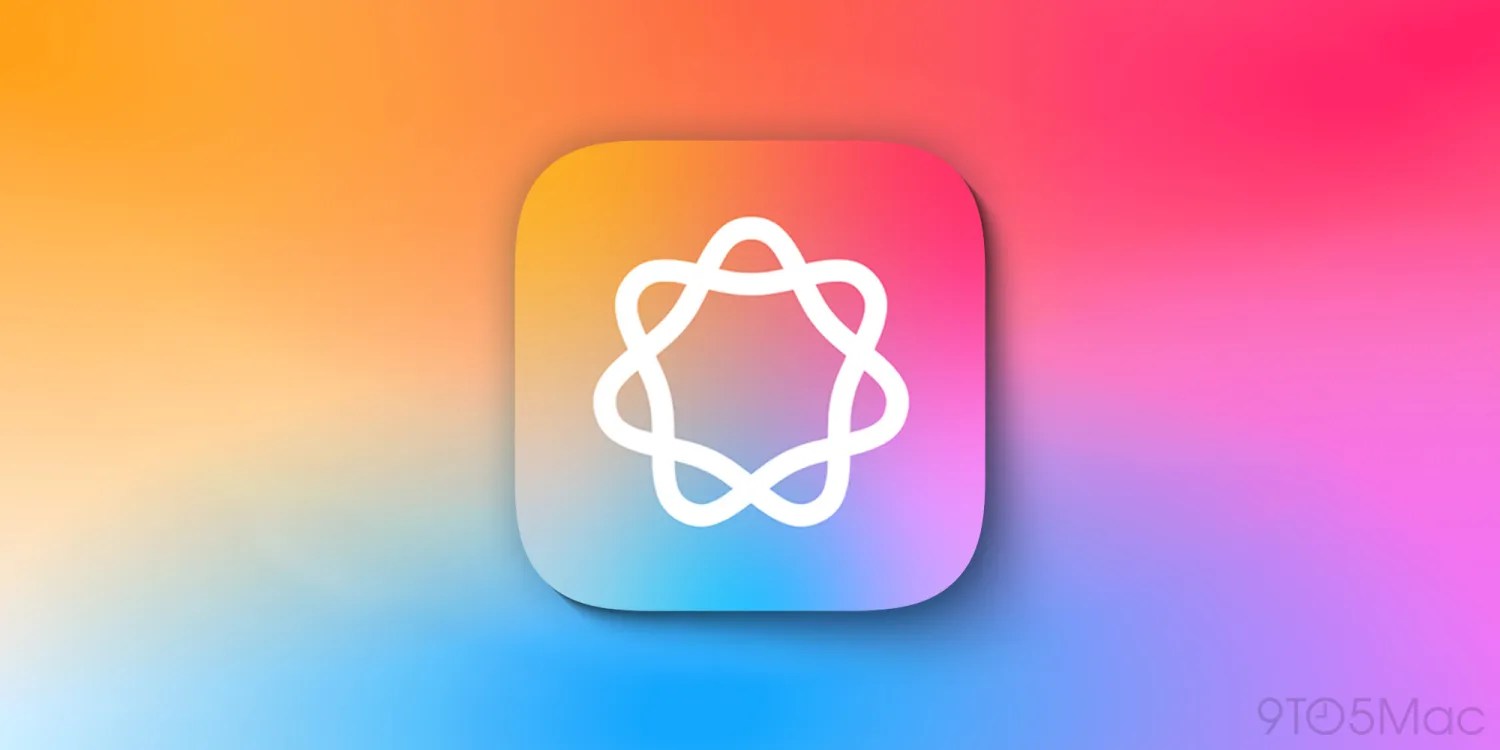
Alright, let’s make some predictions. Aside from the iPhone, Services is Apple’s most successful product category. The company’s approach to modern artificial intelligence, combined with its acquisition history, hints at how Apple could unlock new revenue streams in 2025. Apple Intelligence has the potential to be the next major driver of Services revenue.
Why pay for Apple Intelligence?
In the short term, demand for Apple Intelligence can be directly tied to hardware upgrades, as it only runs on specific product versions:
• iPhone: iPhone 15 Pro, iPhone 16, iPhone 16 Pro (2023 and later)
• iPad: M-series iPad Pro (2021 and later), M-series iPad Air (2022 and later), A17 Pro iPad mini (2024)
• Mac: M-series Macs (from 2020 onward)
This creates a compelling reason for customers who might not otherwise upgrade their devices to do so.
Looking ahead, there’s room for Apple Intelligence to enhance future hardware like Apple Vision Pro, Apple Watch, and HomePod. Apple’s rumored smart display for the home also benefits from this, creating another purchase incentive.
But how can Apple monetize Apple Intelligence once it’s widely adopted across its hardware lineup? The most straightforward path is to paywall a selection of advanced features.
Expanding model integrations
I currently subscribe to OpenAI’s ChatGPT for $20 per month and get significant value from it. This month, I’m also trying out Anthropic’s Claude for the same price. While I’m not yet convinced to keep both subscriptions, each model feels distinct enough that I could be persuaded.
Apple has two potential paths to monetize Apple Intelligence. Currently, it likely earns a commission from ChatGPT subscriptions purchased through the Apple Intelligence interface on iPhone, iPad, and Mac.
Apple has also expressed interest in integrating Google’s Gemini into Apple Intelligence. More models mean more revenue. Perhaps the future launch of the Gemini iPhone app will accelerate these discussions.
But why stop there? My favorite audio transcription app, MacWhisper, integrates with OpenAI, Anthropic, Google, and several other providers, including:
• Groq
• xAI
• Azure
• Ollama
• LM Studio
• Custom providers
Apple Intelligence is designed so that Siri’s capabilities can be extended by integrating with third-party AI services without much effort on Apple’s part. This setup allows Apple to benefit from both a subscription cut and enhanced service offerings—a win-win situation.
Apple Chat
Here’s the key point: Apple has the potential to do both. With its resources, Apple could evolve Apple Intelligence into a platform that includes a standalone chatbot, similar to ChatGPT or Claude. A chatbot would be an ideal feature to put behind a paywall, allowing Apple to capture 100% of the subscription revenue instead of just taking a 30% cut. Better yet, Apple could do both.
If done well, I’d strongly consider switching to a more privacy-focused, system-integrated chatbot from Apple over the limited personal knowledge offerings from OpenAI or Anthropic. Siri will soon showcase a basic version of this with enhanced personal request features—that’s already on the roadmap. But a full-fledged Apple chatbot that competes with ChatGPT should be on the horizon as well.
More AI features
Beyond large language models, Apple is already using its AI technology for features like Clean Up in photo editing. While similar features have existed on other platforms for a while, it’s understandable why Apple isn’t charging for this yet—it’s part of the initial feature set defining Apple Intelligence.
In the future, Apple could put advanced photo editing tools like background replacement, motion blur reduction, de-reflection, object removal, and realistic content-aware fills behind a paywall. Essentially, anything people currently subscribe to Photoshop for could become part of Apple’s offering.
And look at Apple’s recent acquisition of Pixelmator, one of the best Photoshop alternatives for iPhone, iPad, and Mac. This move suggests a future subscription-based pro image editor that goes far beyond what Aperture offered over a decade ago. It lays the groundwork for a new image editing platform and additional paid AI-powered photo features.
In summary
Apple Intelligence has the potential to drive hardware upgrades in the near term. Integrating third-party AI services creates new revenue streams, while launching an Apple chatbot and paywalled AI features could help Apple cover the costs of running Apple Intelligence and generate substantial income in the years to come.
Shop Apple on Amazon to support my work 🙏
FTC: We use income earning auto affiliate links. More.




Comments